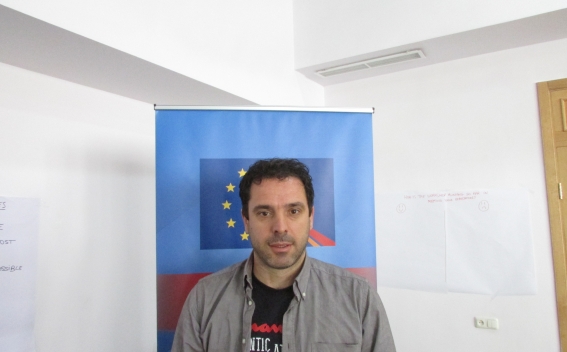“Armedia” IAA presents an exclusive interview with Naim Rashiti, the Executive Director of the regional think tank Balkans Policy Research Group based in Pristina. Mr. Rashiti has a long experience of working in conflict and post conflict environments. He closely monitored conflicts in Kosovo, South Serbia and Macedonia; he worked with NATO and EU envoys for South Serbia and Macedonia in 2001 and 2002.
– How do you assess the current state of Kosovo conflict settlement process?
– The dialogue between Kosovo and Serbia continues. After 7 years of the dialogue, now both sides prepare for the grand finale, to sign a comprehensive agreement, which is also a requirement from EU. The first agreement signed in 2013 was not fully implemented and there are some tensions till now. They have to compromise in order to reach an agreement. For the first time the EU hopes they are able to overcome the problem.
– Which are the main controversial points regarding the agreement?
– The main controversial points are Serbia’s recognizing Kosovo, which Serbia refuses. Serbia has its own institutions in Kosovo, where Serbs live, and they want a larger autonomy, but Albanians in Kosovo refuse. The other controversial point is war time referrations regarding missing people at that time and many others. Kosovo wants to be fully separated from Serbia and become a UN member.
– Is there any possibility of escalation of tension between the two sides?
– There is no arm tension. There are some incidents happening from time to time, for example crossing the borders illegally by some people. But there is no kind of armed conflict, at least. So at this stage, the international community really hopes it will be possible to reach an agreement. As historically Kosovo and Serbia have never reached an agreement.
– What changes have you witnessed in public moods during the recent years?
– Both Serbs and Albanians are all fed up with long years of war and conflict. But we don’t see any reconciliation, we don’t see dealing with the past, we don’t see governments apologizing for what happened, especially the Serbian government, and moreover, they often use this conflict to avoid responsibility for other issues.

